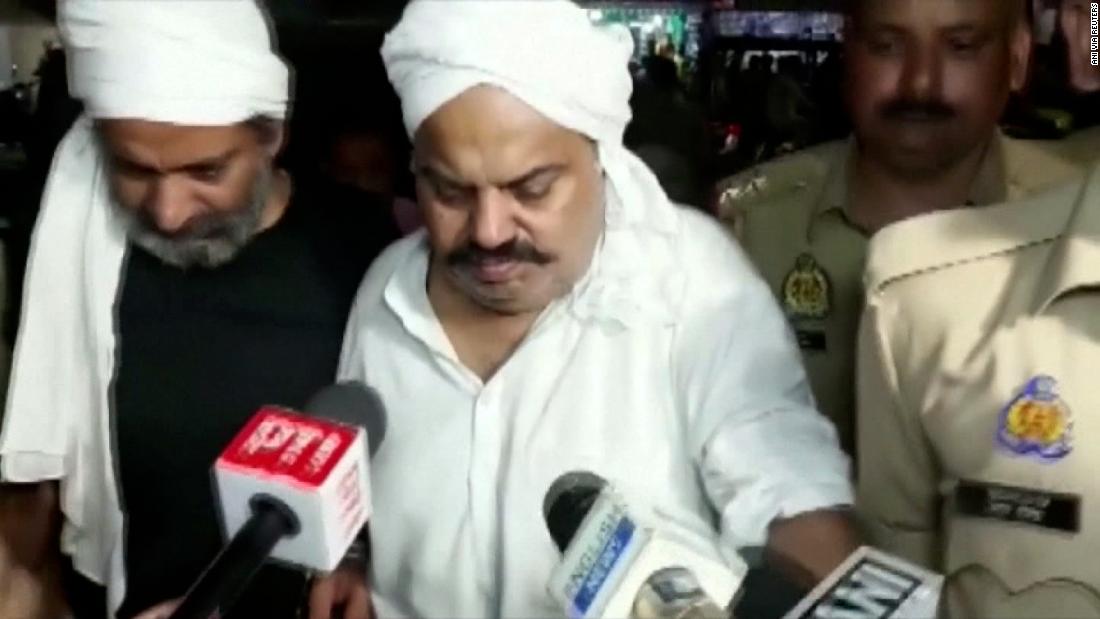IT is easy to sneer at Jeremy Corbyn and his new political party.
As Labour leader Corbyn took his former comrades to their biggest defeat since 1935, winning just 203 seats.
GettyJeremy Corbyn will have zero chance of becoming Prime Minister as leader of a fringe party[/caption]
GettyKeir Starmer should take the launch of the new party very seriously indeed[/caption]
As leader of a fringe party he will have zero chance of becoming Prime Minister. We can all be thankful for that.
The launch of the party was itself farcical, with Corbyn already apparently falling out with his co-founder, former Labour MP Zarah Sultana.
It appears to be called “Your Party”, and even has a website by that name, yet within hours of the launch Sultana tweeted in protest “it’s not called that!” and insisted that a name will be chosen at the putative party’s first conference.
When challenged on the row, Corbyn announced that Sultana was “in Coventry” (where her constituency is), failing to spot the euphemism.
All very Corbyn-like. If I were Keir Starmer, however, I would be taking the launch of the new party very seriously indeed.
While Your Party, or whatever it is called, has no chance of forming a government, it has every chance of contributing to the downfall of the current one.
Just look how Reform UK ate into the Conservative Party vote in last year’s General Election, helping reduce it to a rump of just 120 seats.
Corbyn has every chance of inflicting as much damage on Labour as Reform UK did on the Tories.
Add to Labour’s misery
Corbyn and Sultana haven’t announced much in the way of policy yet — you wouldn’t expect them to have done — but their declaration on Thursday included two positions which absolutely hit the right buttons for Labour’s increasingly disenchanted band of supporters on the Left.
First, they want to end arms sales to Israel, and second, they propose to take all utility companies into public ownership.
As for the first, just look how Labour suffered at the hands of independent pro-Palestinian candidates in the last election, with Jonathan Ashworth losing his supposedly safe seat in Leicester and Wes Streeting, now Health Secretary, scraping home by just 528 votes in Ilford North.
Shabana Mahmood, now Justice Secretary, saw her 28,000 majority shrink to just 3,421 in the face of a challenge from a pro-Palestine candidate — and that was against the backdrop of a national Labour landslide.
A nationally organised General Election campaign which focuses on Gaza — even one organised by Corbyn — can surely only add to Labour’s misery on this front.
Whatever the rest of us might think of Hamas, and worry that a Palestinian state — if created now — would simply become a terrorist state, this is a touchstone issue on the Left and has the potential to cost the party a substantial number of seats.
As for nationalising public utilities, that would be hugely popular among voters — and not just Labour ones.
According to a recent YouGov poll, the public favours public ownership of energy companies by a margin of 71 per cent to 17 per cent and of water companies by 82 to eight per cent.
Where Corbyn would find the money to renationalise utility companies is, of course, another matter, but my guess is that many voters will not be bothered by that little problem.
At the next election, Starmer will in one sense be in an even worse position than Rishi Sunak was in last year.
Starmer will have two upstart parties chipping away at his vote. While Corbyn’s party will be attracting votes on the Left, Reform UK has already started eating into the traditional working class Labour vote as Nigel Farage adopts an agenda that is more economically left-wing.
To add to this, Labour holds a very large number of seats on small majorities.
It won a landslide only because its unimpressive 34 per cent share of the vote was very efficiently spread. It won’t take much for Labour’s majority to evaporate.
Not for the first time, you have to wonder at Starmer’s political naivety in chucking Corbyn out of the Labour Party.
It may have seemed a good wheeze at the time, five years ago, to make a statement that Labour really had changed.
There was also a good reason for it in Corbyn’s claim that accusations of anti-Semitism in the Labour Party had been “massively overstated for political reasons”.
But Corbyn had been saying ridiculous things for decades and had never been thrown out by Labour.
Vanished without trace
Tony Blair correctly worked out that Corbyn had a huge following on the Left and it was best to tolerate his presence.
Starmer seems to have a poor political brain by comparison.
Mastering a political start-up is notoriously difficult in Britain’s first-past-the-post election system.
Who now remembers ChangeUK, the anti-Brexit party which was launched with eight MPs who had defected from their parties but which quickly vanished without trace?
Even Roy Jenkins and Shirley Williams’ SDP only lasted eight years in spite of some impressive early by-election wins.
But Starmer should remember how the SDP nevertheless helped keep Labour a long way from power during the 1980s.
His fate may just have been sealed.
Published: [#item_custom_pubDate]















































































































